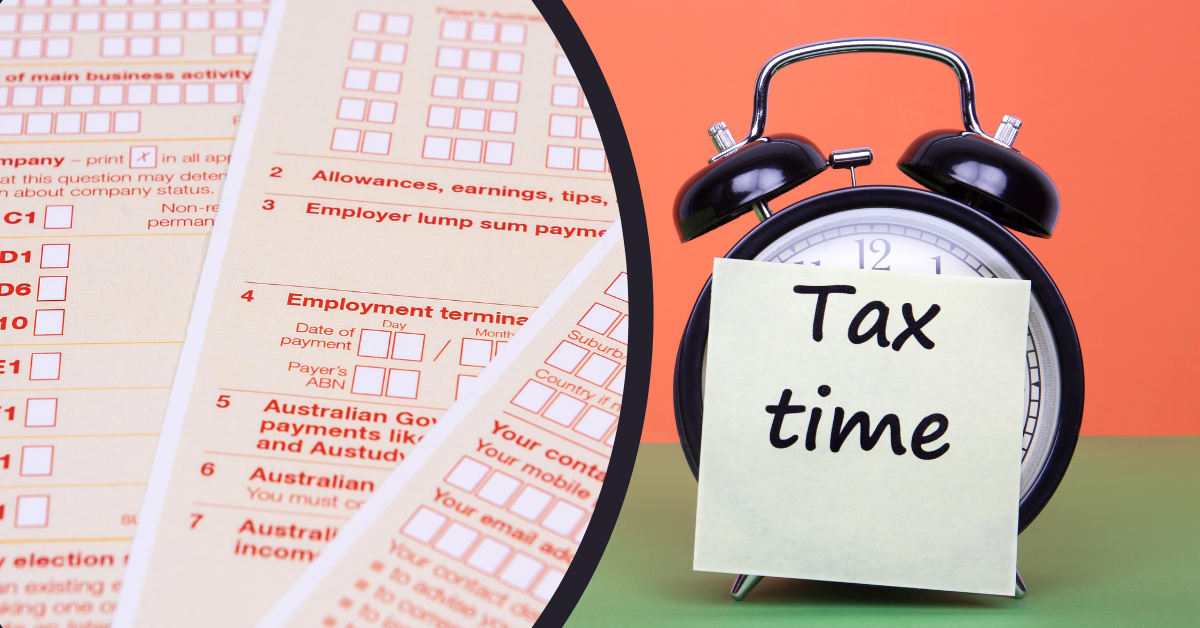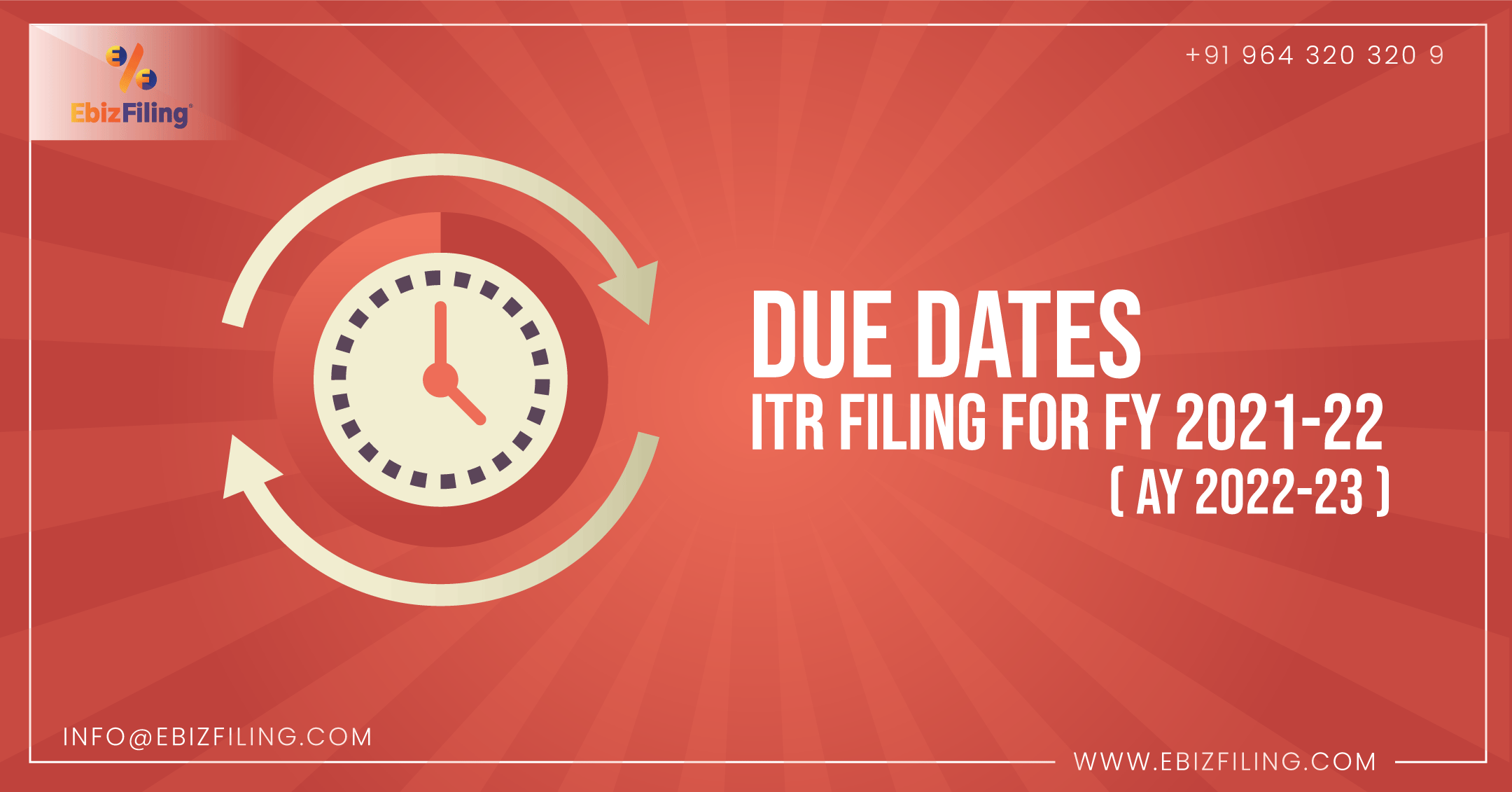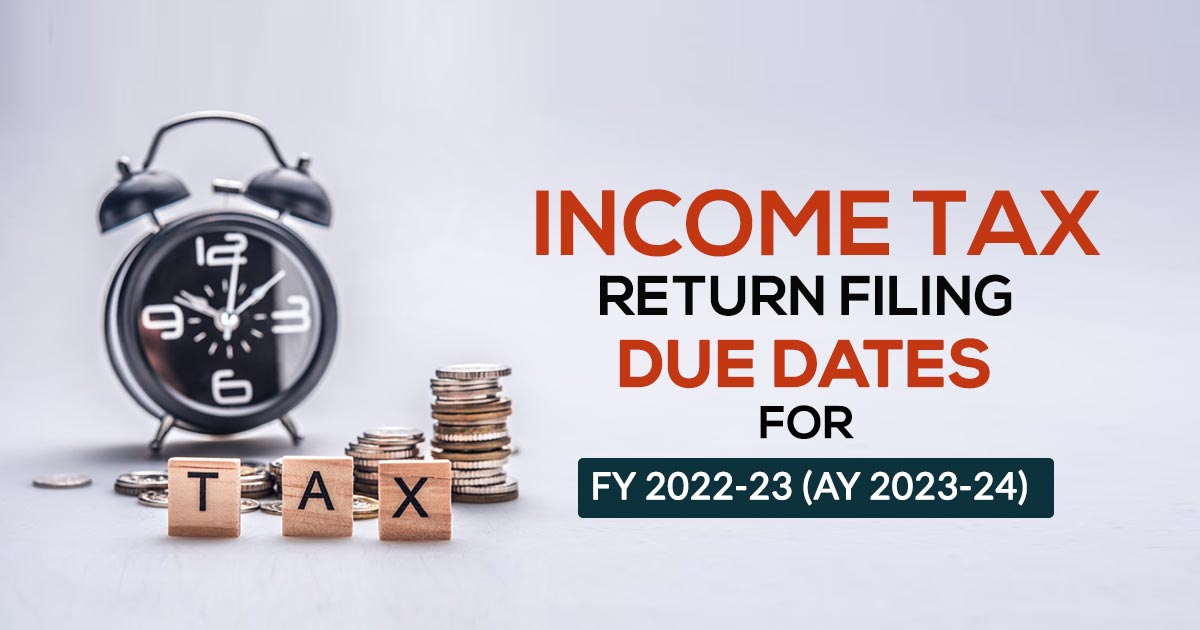The Due Date for Income Tax Return: Everything You Need to Know
Understanding the Importance of Filing Taxes
Filing income tax returns is an essential obligation for individuals and businesses alike. It is the process through which taxpayers report their annual income to the government and calculate their tax liability. Understanding the due date for filing income tax returns is crucial to avoid penalties and ensure compliance with tax regulations. In this article, we will delve into the details of the due date for income tax returns, providing you with the information you need to meet your tax obligations. What is the due date for income tax return?
The General Due Date for Individual Income Tax Returns
1. Tax Year
The due date for filing individual income tax returns primarily depends on the tax year in question. In most countries, including the United States, the tax year coincides with the calendar year, starting on January 1st and ending on December 31st. However, it is essential to note that tax years can vary between jurisdictions, so it’s always prudent to consult the tax authority of your respective country for specific information.
2. Individual Taxpayers
For individual taxpayers, the due date for filing income tax returns is typically April 15th of the following year. This means that if you are filing a tax return for the 2022 tax year, the due date would be April 15, 2023. However, if April 15th falls on a weekend or a public holiday, the due date may be shifted to the next business day.
3. Extensions and Exceptions
In certain situations, individuals may be eligible for an extension to file their tax returns. For instance, in the United States, taxpayers can request an automatic extension of six months by filing Form 4868. This extends the filing deadline from April 15th to October 15th. However, it is crucial to note that an extension to file does not grant an extension to pay any taxes owed. Therefore, it is generally advisable to estimate and pay any taxes owed by the original due date to avoid potential penalties and interest charges.

The Due Date for Business Income Tax Returns
1. Business Structures
Businesses, including sole proprietorships, partnerships, corporations, and limited liability companies (LLCs), have different due dates for filing their income tax returns. The due dates vary based on the business structure and the tax jurisdiction. It is crucial to consult the tax laws and regulations specific to your country or state to determine the correct filing deadline for your business.
2. Sole Proprietorships and Partnerships
In the case of sole proprietorships and partnerships in the United States, income tax returns are typically due on the same date as individual tax returns. Therefore, if you operate a sole proprietorship or are part of a partnership, the due date for filing your business income tax return would be April 15th, unless it falls on a weekend or a public holiday.
3. Corporations and LLCs
For corporations and LLCs, the due date for filing income tax returns is often different from that of individual taxpayers. In the United States, C corporations generally have a due date of April 15th, while S corporations and LLCs taxed as partnerships follow the same due date as individual taxpayers.
4. Extensions and Special Circumstances
Similar to individual taxpayers, businesses can also request an extension for filing their income tax returns. In the United States, C corporations can request an automatic extension of six months by filing Form 7004. This extends the filing deadline from the original due date to October 15th. S corporations and partnerships, on the other hand, can file for an extension using Form 4868, which grants them an additional six months to file.
It is important to note that different jurisdictions may have varying rules and procedures regarding extensions and due dates for business income tax returns. Therefore, it is crucial to consult the specific tax laws and regulations applicable to your business to ensure compliance and avoid any penalties or late filing fees.

Penalties for Late Filing
Failing to file income tax returns by the designated due date can result in various penalties and consequences. The penalties for late filing typically include monetary fines or a percentage-based charge on the tax owed. The exact penalty structure may vary depending on the tax jurisdiction and the duration of the delay.
It is essential to understand that even if you cannot pay the full amount of tax owed by the due date, filing the tax return on time can help mitigate penalties. In such cases, it is advisable to pay as much as you can to reduce the potential penalties and then explore payment plans or other options available to settle the remaining tax liability.
Tax Filing Assistance and Resources
Filing income tax returns can be a complex process, especially for individuals and businesses with intricate financial situations. Fortunately, there are numerous resources available to assist taxpayers in meeting their tax obligations accurately and on time.
Tax preparation software, both online and offline, can help simplify the process of filing tax returns by guiding users through various deductions, credits, and calculations. These software programs often have built-in error checks to minimize mistakes and ensure compliance with tax regulations.
Additionally, professional tax advisors and certified public accountants (CPAs) can provide personalized assistance and advice tailored to your specific financial circumstances. They can help identify potential deductions and credits, ensure accurate reporting, and address any complex tax issues that may arise.
Tax authorities, such as the Internal Revenue Service (IRS) in the United States, also offer extensive resources on their official websites. These resources include guides, forms, publications, and frequently asked questions (FAQs) to help taxpayers navigate the tax filing process effectively.
In Conclusion
Filing income tax returns by the designated due date is a crucial responsibility for individuals and businesses. Understanding the specific due dates for different tax years and business structures is essential to avoid penalties and ensure compliance with tax regulations.
Remember to consult the tax laws and regulations specific to your country or state, as they may have variations in due dates and filing procedures. If needed, seek assistance from tax professionals or make use of tax preparation software to streamline the process and ensure accurate reporting.
By meeting your income tax return obligations on time, you contribute to the functioning of public services and help maintain the integrity of the tax system. Stay informed, stay organized, and fulfill your tax responsibilities to the best of your ability. For tax due dates see here.

